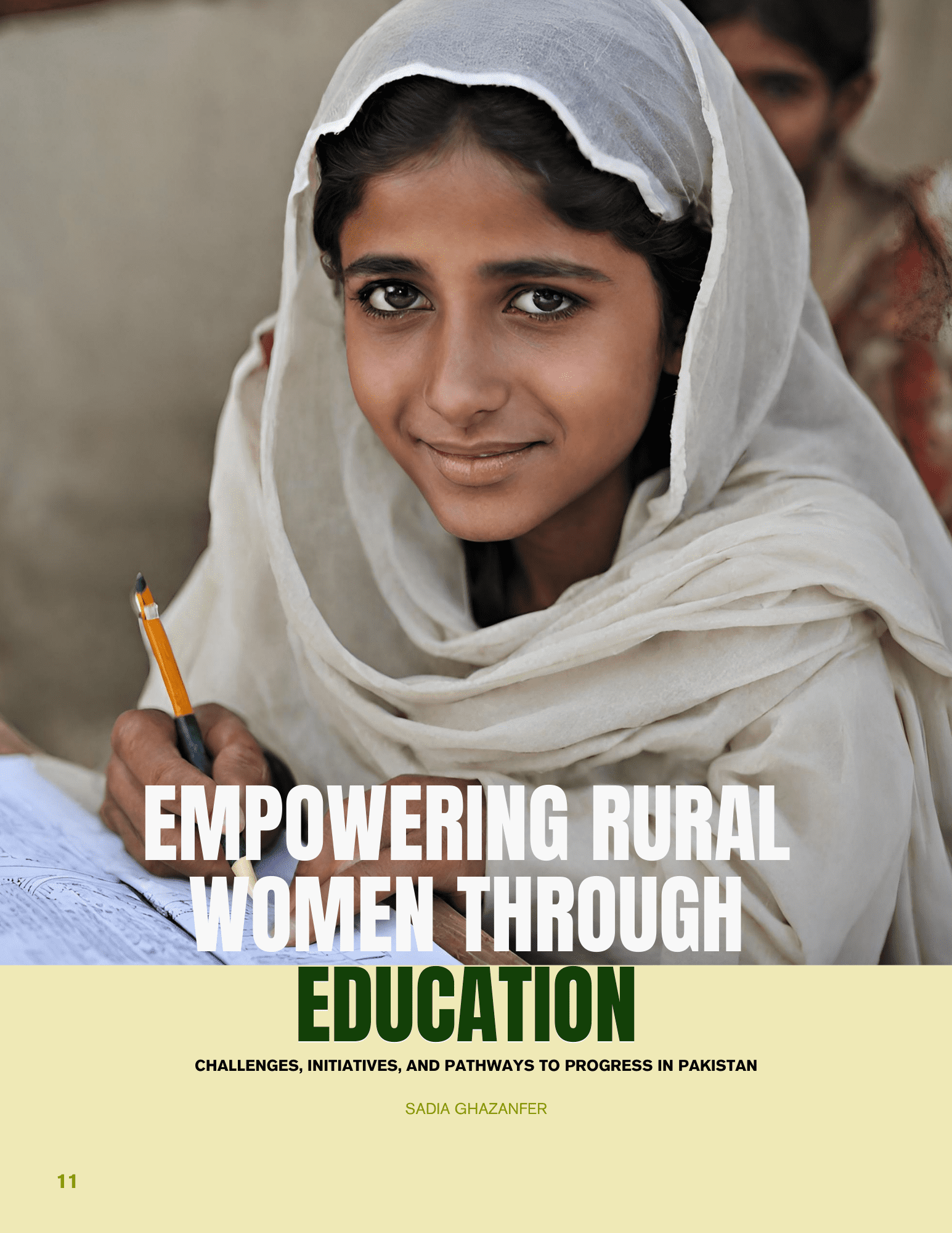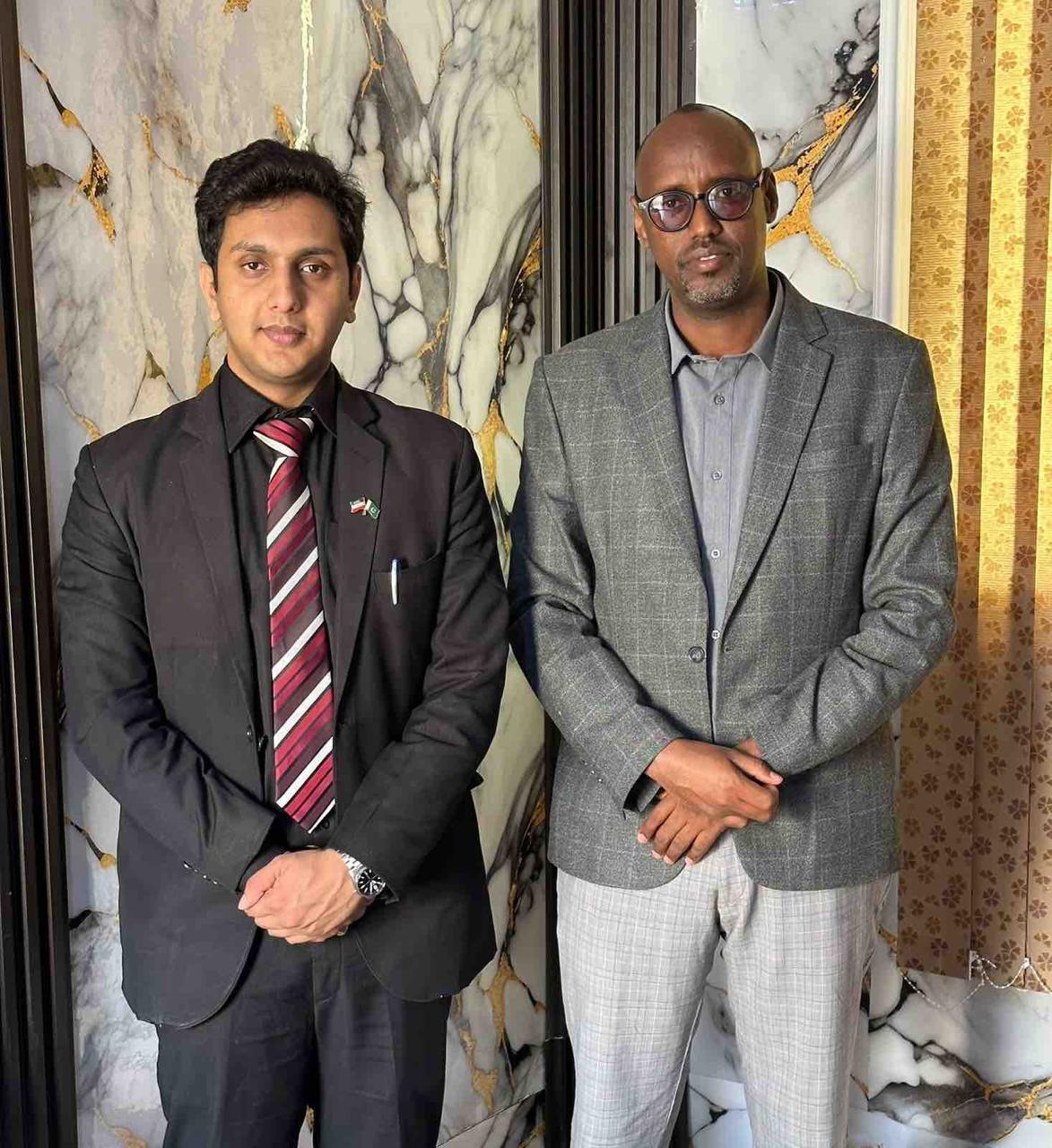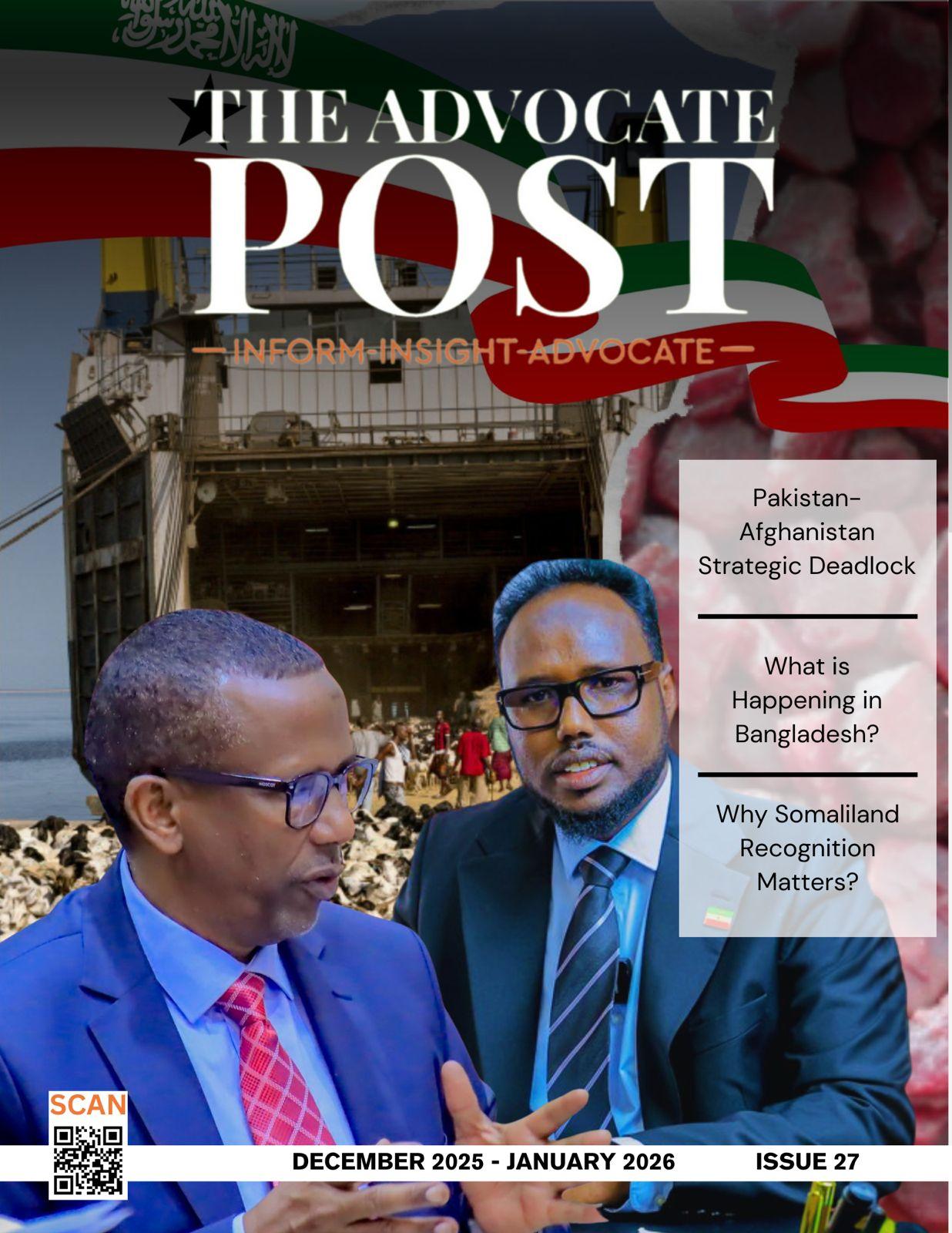By Sadia Ghazenfer (Pakistan)
Education is the process of acquiring knowledge, skills, and values through learning. It empowers individuals to think critically, solve problems, and make informed decisions.
Education holds immense significance for women, acting as a powerful tool for empowerment and progress. It equips them with knowledge and skills, fostering self-reliance and the confidence to make informed choices about their lives and careers.
Education unlocks doors to better employment opportunities, leading to financial independence and the ability to support themselves and their families. The educated women are better equipped to manage their health and well-being, positively impacting not only themselves but also their families. This creates a ripple effect, as educated mothers are more likely to invest in their children’s education, perpetuating a cycle of positive change.
Additionally, education empowers women to actively participate in their communities, contributing to social and economic development. In Pakistan, rural women face numerous challenges in accessing education, which hinder their ability to pursue learning opportunities and contribute to their personal development and the development of their communities.
According to UNESCO, the literacy rate among rural women in Pakistan remains significantly lower than urban areas, with only about 42% of rural women being literate compared to approximately 73% of urban women. Enrollment rates for girls in rural areas are lower compared to boys. The Annual Status of Education Report (ASER) highlights that around 32% of girls in rural Pakistan are out of school, compared to 21% of boys.
Completion rates for primary and secondary education among rural girls are lower than boys. Many girls drop out of school before completing their education due to various barriers. Access to higher education for rural women remains limited. The proportion of rural women enrolled in universities and colleges is considerably lower than urban women. Rural areas often lack adequate educational infrastructure, including schools, classrooms, furniture, and sanitation facilities. Many villages have limited or no access to educational institutions, making it difficult for rural women to access schooling. Deep-rooted cultural norms and traditions often prioritize boys’ education over girls’. Gender roles and expectations may limit girls’ access to education, as they are often expected to fulfill household duties and care for younger siblings. In rural communities, early marriage and childbearing are common practices, which often result in girls dropping out of school at a young age. Once married, girls face additional barriers to accessing education due to household responsibilities and social expectations. Poverty and economic instability in rural Families may struggle to afford school fees, uniforms, textbooks, and transportation costs. As a result, they may prioritize investing in boys’ education over girls’. Many rural communities are located in remote areas with limited access to schools. Girls often have to travel long distances to reach the nearest school, which poses safety concerns and may deter families from sending their daughters to school. The shortage of female teachers in rural areas is another significant barrier. Families may be hesitant to send their daughters to schools where there are no female teachers due to cultural sensitivities and concerns Certainly! There are several initiatives, programs, and organizations dedicated to promoting education among rural women in Pakistan. Here are some examples:
1. The Citizens Foundation (TCF):
- Description: TCF is a non-profit organization in Pakistan that aims to provide quality education to underprivileged children, including girls, in rural and urban areas.
- Initiatives: TCF operates schools in rural areas and offers need-based scholarships to students, including girls, from low income families. They also provide teacher training programs to ensure quality education delivery
3. Kashf Foundation:
- Description: Kashf Foundation is a microfinance institution in Pakistan that also focuses on women’s empowerment through education and skill-building.
- Initiatives: Kashf Foundation offers education loans to women in rural areas to support their children’s education.
They also provide adult literacy programs and vocational training to women to enhance their skills and employability.
4. Punjab Education Foundation (PEF):
- Description: PEF is a government-funded organization in Punjab, Pakistan, that works to improve access to quality education, especially for marginalized communities.
- Initiatives: PEF
provides scholarships to deserving
students, including girls, from rural areas to attend private schools. They also support innovative education models, such as school vouchers and public-private partnerships, to expand access to education in rural areas.
5. Teach for Pakistan (TFP):
- Description: TFP is a non-profit organization that recruits and trains young professionals to teach in underserved schools, including those in rural areas.
- Initiatives: TFP Fellows work in rural schools to improve teaching and learning outcomes. They also engage with local communities to raise awareness about the importance of education and empower students, especially girls, to pursue their academic goals.
These initiatives and programs play a crucial role in addressing barriers to education among rural women in Pakistan and fostering women’s empowerment through access to quality education, scholarships, mentorship, and skill-building opportunities. By implementing these strategies and policy recommendations, governments, NGOs, and stakeholders can enhance support for rural women’s education and advance women’s rights and opportunities in rural areas. Advocacy efforts and collaborative action are key to creating an enabling environment where all women have access to quality education and the opportunity to thrive.
Sadia Ghazenfer, Department of Parasitology, University of Agriculture, Faisalabad. Author can be reached at sadiaghazanfar90@gmail.com





